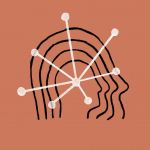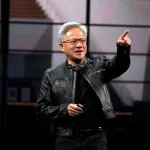DeepSeek to open source its AI models

Chinese startup DeepSeek, which surprised Silicon Valley with the high performance of its AI models, has announced an unprecedented step – publishing key codes and data in open access. The company plans to start sharing its code repositories with all developers and researchers starting next week.
“We’re a small team exploring AGI. Starting next week, we’ll open access to 5 repositories, sharing our modest but sincere progress with full transparency,” the company stated in its X account.
The 20-month-old Hangzhou startup intends to go further than its competitors by providing access not only to models but also to base code, training data, and development methodology. This will allow anyone to download, modify, and improve the code underlying the highly rated R1 model and other company platforms.
DeepSeek’s decision strengthens the trend toward open AI development, which gained more supporters after the company’s models outperformed competitors from OpenAI and Meta in benchmark tests. Unlike OpenAI, which started as a partially open project but later departed from this policy, DeepSeek declares its intention to make all aspects of development transparent.
Company founder Liang Wenfeng, who previously ran a quantitative hedge fund, emphasized in a rare interview with Chinese media that the company does not prioritize commercialization of its AI models, seeing advantages in open source. “No ivory towers – just pure garage innovation energy and community-driven development,” the company stated.
This move could significantly impact the race between the US and China in developing advanced AI models. While investors have poured tens of billions of dollars into major American AI startups like Anthropic PBC and xAI, expecting significant returns, DeepSeek, which hasn’t disclosed external funding, can afford to focus less on building a revenue model.
DeepSeek has already forced larger competitors like Baidu to adopt the open-source concept. However, global players like OpenAI and Anthropic still keep their AI models, repositories, and data closed, making the Chinese startup’s move even more significant for industry development.
Experts note that DeepSeek’s open approach could accelerate AI technology development through collective efforts of developers worldwide, although this also raises security concerns from US and Australian governments.





